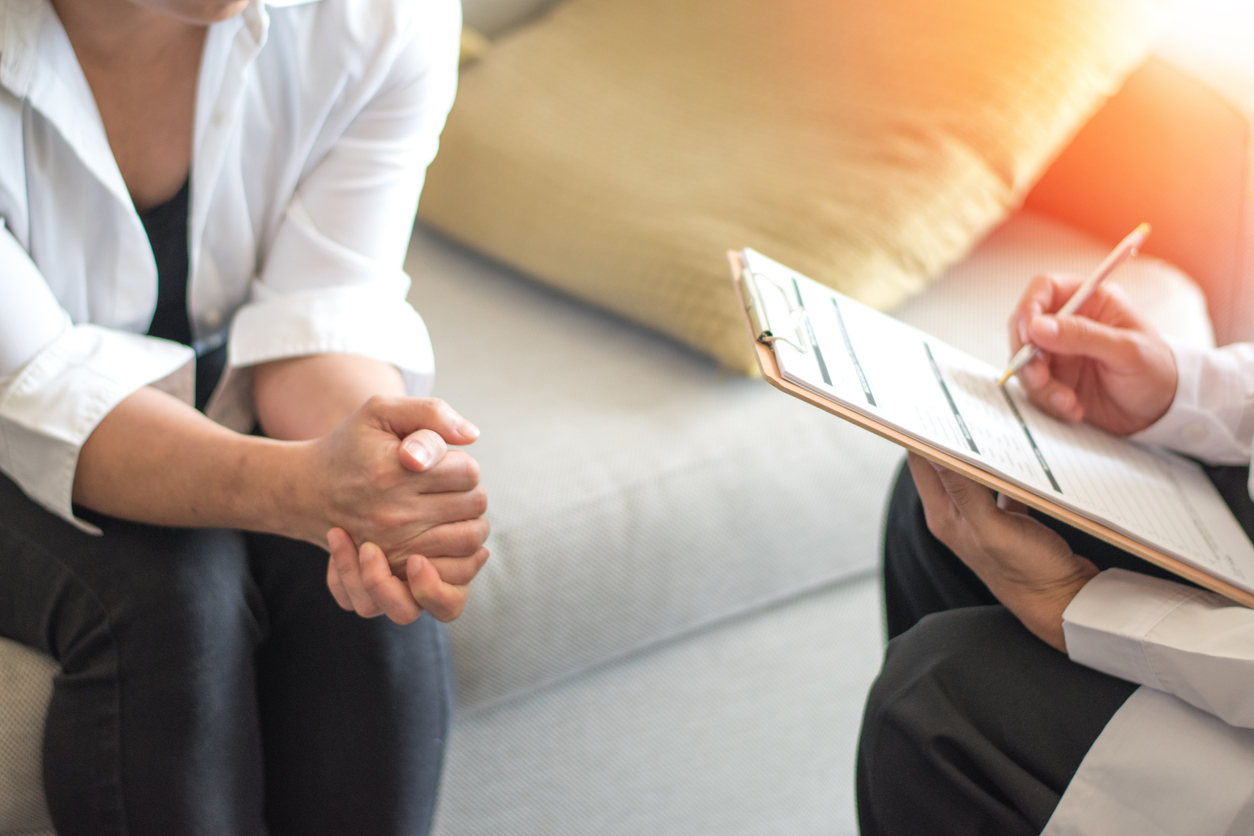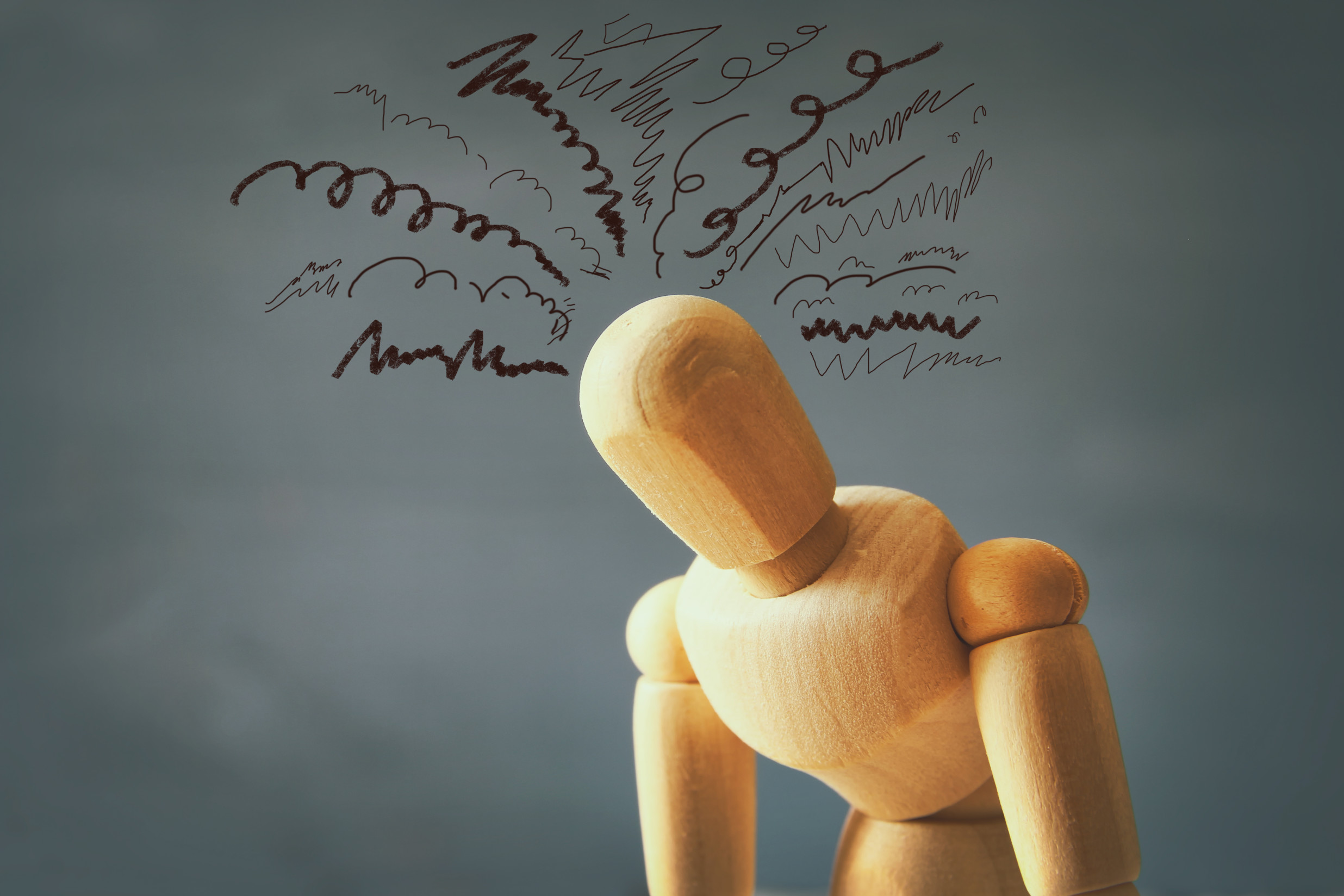Your heart starts racing, you struggle to catch your breath, the room starts to spin and you begin to sweat.
You may not realise what’s happening in this moment, but it’s likely you’re having a panic attack.
A panic attack is a moment of intense fear or anxiety. It’s your body’s mental and physical response to fear - real or imagined, physical or emotional.
And while the experience can feel overwhelming, it’s actually quite common - around 1 in every 3 people will have a panic attack in their lifetime.
If you regularly have or have ever had a panic attack, here’s what you need to know.

What does a panic attack feel like?
Panic attacks can feel different to everyone, but they’re often said to make you feel like you’re:
- losing control
- going to faint
- having a heart attack
- going to die
It’s not just how you feel that changes during panic attacks, these events also tend to cause physical symptoms, including:
- a pounding or racing heartbeat
- feeling faint, dizzy or light-headed
- hot flushes or chills
- sweating, trembling or shaking
- feeling sick (nausea)
- chest or tummy pain
- shortness of breath or feeling like you're choking
Most panic attacks last for between 5 and 30 minutes, but they can go on for longer.
If you’d like more information, you can find out more about the symptoms and signs of a panic attack.

What causes panic attacks?
Panic attacks can have a specific trigger, but they can also have no obvious cause.
Some people - around 1 in 8 - who have panic attacks report living through a major negative life event, such as a chronic illness or traumatic experience.
Other triggers may include:
- a family history of panic attacks
- a history of abuse
- smoking too much or drinking too much caffeine
- being in stressful situations

Help for panic attacks
Do you need to see a doctor for a panic attack?
Even though the experience of having a panic attack can be frightening, there’s usually no reason to visit a doctor. However, see a doctor if you keep having panic attacks as this can be a sign of a condition called panic disorder.
It’s also worth seeing a doctor if:
- the panic attack persists, even after 20 minutes of slow, controlled breathing
- your breathing is back to normal but you continue to feel unwell
- you still have chest pain or a faster heartbeat after the panic attack

Who can you talk to about panic attacks?
Panic attacks can significantly affect your life, and you may find it helpful to talk to someone about your experience.
Talking to a close family member, friend or partner can help. Explain what a panic attack feels like for you and how to recognise the signs so they can help if you have another panic attack.
Let them know how they can best support you after a panic attack.
If you want to talk to someone outside your immediate support network, cognitive behavioural therapy (CBT) may help. CBT is a talking therapy that helps you to develop new ways of thinking or behaviour so you can manage specific problems more effectively.
What if it happens again?
There are things you can do to help you cope with panic attacks if and when they happen. For help and guidance, see this article on how to deal with a panic attack.






